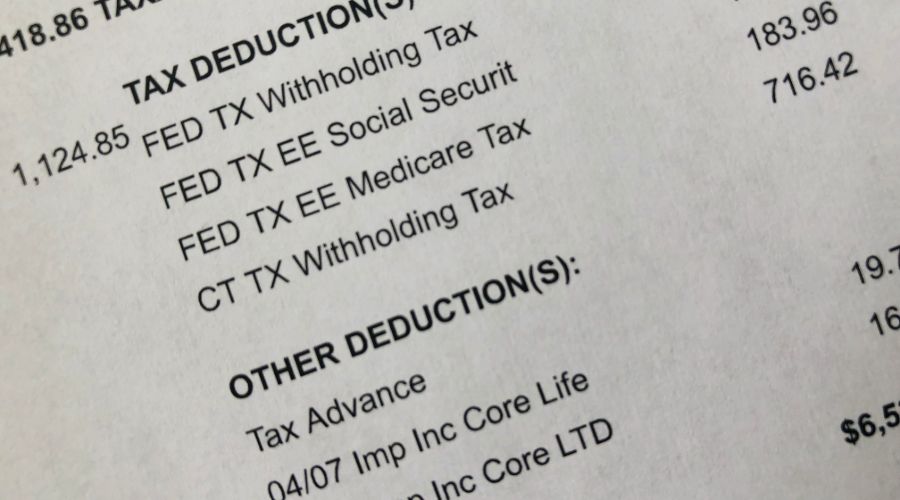How to Ask for a Raise

You’ve been working for your company for a while and think you deserve more money. You have three options:
- Do nothing and stay at your current salary for an indefinite amount of time.
- Look for a new job that pays more.
- Ask for a raise.
Asking for an increase in pay is awkward and uncomfortable, especially since you likely won’t get an answer immediately. Even if your boss is the owner, they still need to review the company’s finances and your job performance to decide whether a raise is the right move for the company. Keep reading to learn how to ask for a pay raise.
1. Find out what you’re worth
Research what other people with your job title are making. A lot of people are reluctant to talk about money, but you can go to websites like Glassdoor to see what the average salary is. Don’t just take that amount at face value, however. Make sure you consider your education and experience.
2. Ask after a big accomplishment
If you just hit a major milestone or accomplished something big (like landing a huge client), now is the perfect time to ask for a raise. You’ve shown your boss that you’re helping the company achieve its goals and grow financially.
3. Write an agenda
Before you schedule a meeting with your boss, be prepared. Write down concrete reasons you deserve a pay increase, including any additional responsibilities you’ve taken on. You might also consider printing out a copy for your boss so they can review it afterward. Then, practice your speaking points, so you sound confident.
Read also: 4 Tips for Holding an Effective Meeting
4. Don’t explain why you need the raise
When you’re making your list, make sure you’re stating why you deserve the pay increase, not why you need it. Your boss won’t give you more money because you need to pay off your student loans or make your mortgage payments. They will, however, give it to you because you landed a huge sale.
Read also: 8 Things to Do Before Your Next Performance Review
5. Schedule the meeting
It’s always best to ask for a raise in person, but don’t just show up in your boss’s office. Give them time to prepare, too. Let them know you’d like to find some time to sit down and talk to them about your performance. Choose the timing of the meeting carefully. If your boss is stressed or the company’s budget is tight, now might not be the best time. Wait a little bit for things to level out, then ask.
6. Dress up
No matter how casual your office’s dress code is, dress up slightly more than usual, so your boss will take you more seriously. You don’t have to look like you’re trying too hard, but taking a few extra minutes to iron your blouse or put on a tie will go a long way.
7. Ask for more responsibility
Don’t just ask for more money – ask for more responsibility at the same time. Taking on additional duties will increase your chances of getting the raise because it might mean that your company won’t have to hire someone for that role. You’ll also be adding value to the company, so you deserve to make more money, too.
8. Don’t give an ultimatum
When you’re asking for your raise, you want to be confident, but don’t come off as too demanding. Your boss may say, “no,” so you want to make sure you’ll still be on good terms after the meeting. If you’re going to give your boss an ultimatum, be willing to leave the job.
9. Respond tactfully
If your boss tells you, “no,” make sure you respond calmly. If they turn down your request due to your performance, reflect on their feedback. If the criticism is warranted, talk to your boss about what you can do to exceed their expectations. If the company cannot afford to give you a raise right now, ask your boss about revisiting the conversation later.
10. Have a backup plan
If your boss says, “no” for financial reasons, have a backup plan prepared. Is there something you can ask for besides a monetary raise? Consider asking for a more flexible schedule or the option to work from home one day a week.
Read also: 9 Tips for Getting Your Boss to Support Your Ideas


